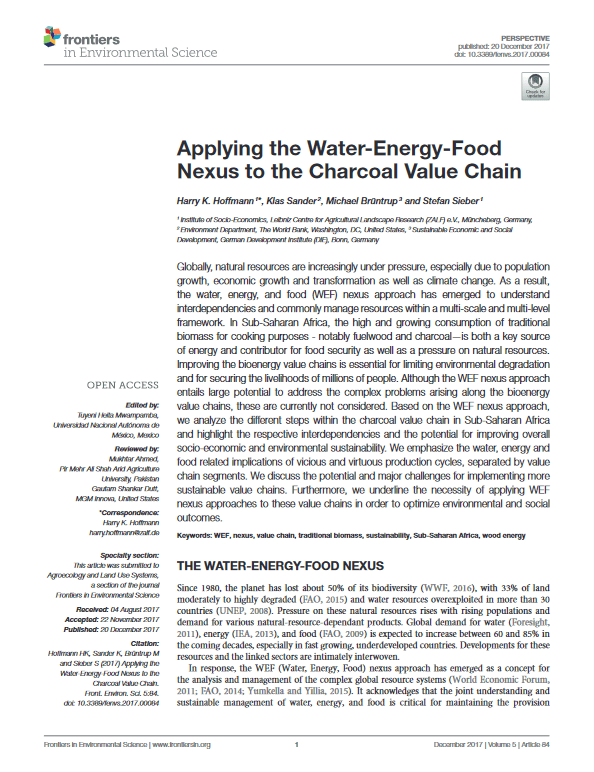︎
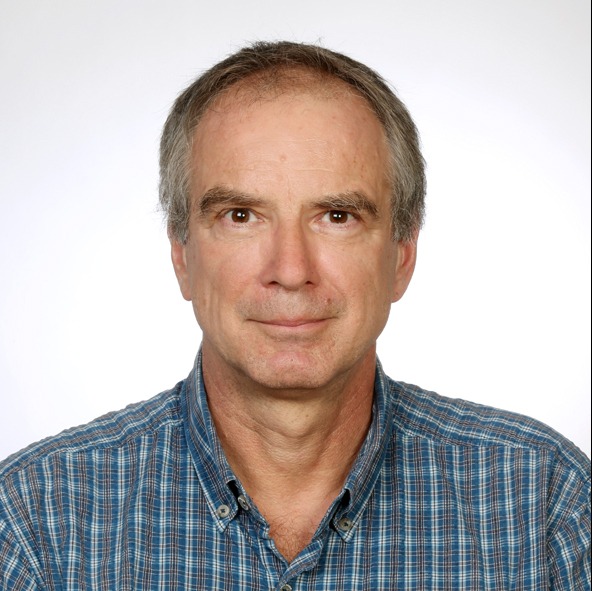
Michael Brüntrup
German Institute of Development and Sustainability (IDOS)
Michael Brüntrup is an agricultural engineer and holds a PhD in agricultural economics. After some year in academics and as a freelance consultant, he works at the German Institute of Development and Sustainability (IDOS) since 2003. His interests cover topics related to agriculture and rural development, trade policy and food security with a geographical focus on Subsahara Africa. He has worked on several agricultural value chains including cotton, wood, sugar and biofuels, on agricultural and microfinance, large scale land acquisitions and large scale agro-industries and their relations with smallholder farmers and rural areas. More recently, he focuses on integrated food security and resilience against crises in rural areas, particularly on drought policies and strategies.
MORE ABOUT MICHAEL BRüNTRUP >2022
Mehmet Sait Akman, Fabrizio Botti, Clara Brandi, Michael Brüntrup, Markus Dietrich, Ilaria Espa, Andreas Freytag, Robert Koopman, Stormy-Annika Mildner, Bettina Rudloff
Sustainable and resilient agricultural value chains: Addressing multiple vulnerabilities with a new partnership approach
The ongoing Covid-19 pandemic and the war in Ukraine meet longer-term impacts of climate change and no-less pressing challenges of social and environmental sustainability in and around agriculture, food and nutrition security.
Many international mechanisms are already in place for agriculture and f...
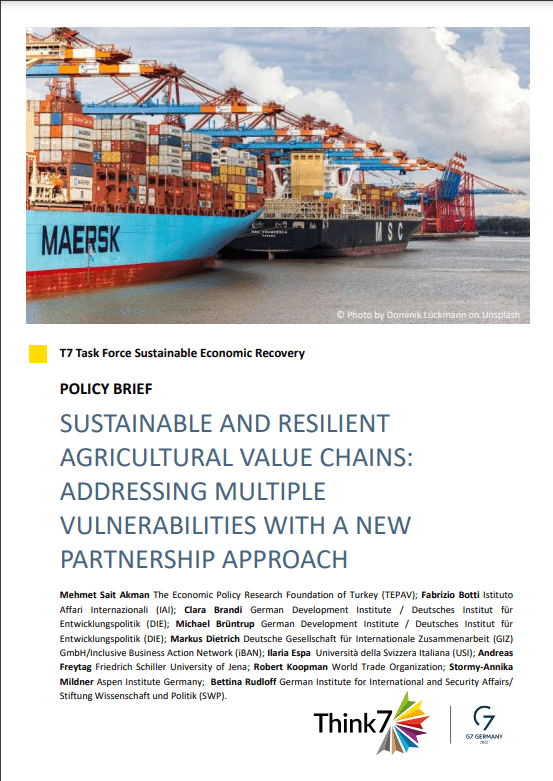
2021
Katharina Löhr, Bujar Aruqaj, Daniel Baumert, Michelle Bonatti, Michael Brüntrup, Christian Bunn, Augusto Castro-Nunez, Giovanna Chavez-Miguel, Martha Lilia Del Rio, Samyra Hachmann, Héctor Camilo Morales Muñoz, Franziska Ollendorf, Tatiana Rodriguez, Bettina Rudloff, Johannes Schorling, Arne Schuffenhauer, Ingrid Schulte, Stefan Sieber, Sophia Tadesse, Christian Ulrichs, Claudia Vogel, and Michael Weinhardt
Social Cohesion as the Missing Link between Natural Resource Management and Peacebuilding: Lessons from Cocoa Production in Côte d’Ivoire and Colombia
Social cohesion plays a key role in processes of peacebuilding and sustainable development. Fostering social cohesion might present a potential to enhance the connection of natural resource management and peacebuilding and better functioning of sustainable land use systems. This contribution explore...

Due diligence regulations in supply chains
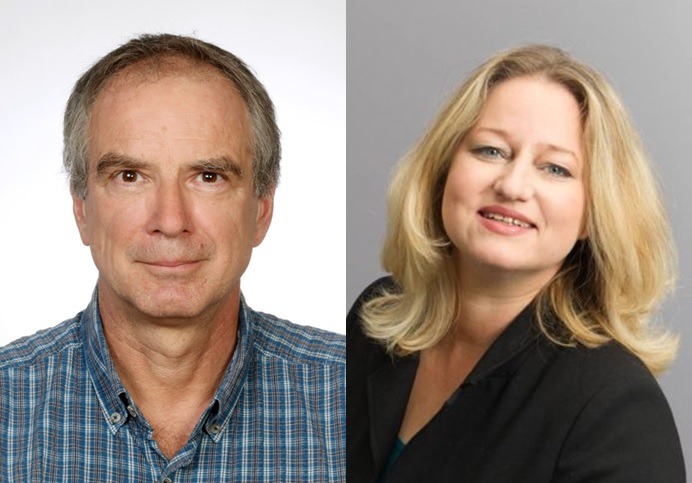
2020
Michael Brüntrup
Agricultural growth corridors in sub-Saharan Africa – new hope for agricultural transformation and rural development?
Agricultural growth corridors – areas along a central transport line that receive intensive agricultural investments – are a recent approach to economic development in sub-Saharan Africa. Since they are usually planned and managed as strategic private-public partnerships, they promise to bring t...
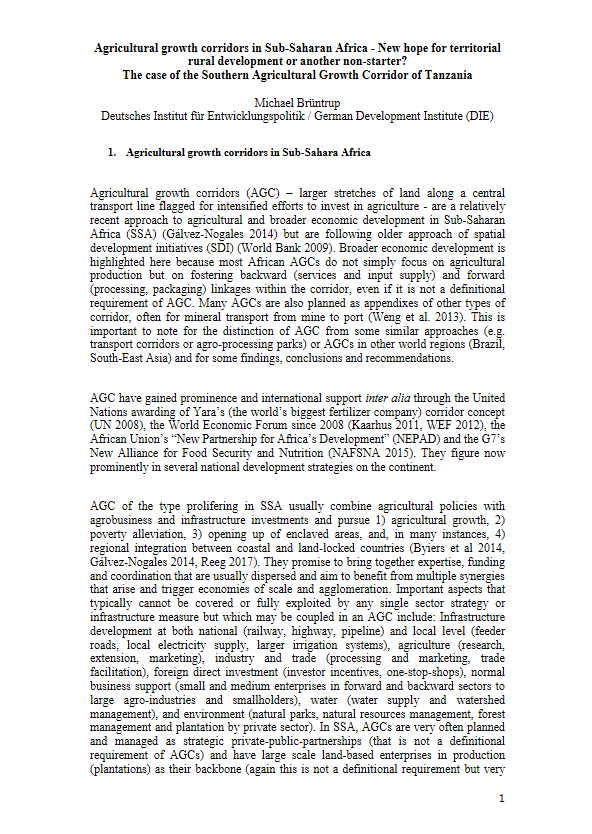
2018
Michael Brüntrup, Fabian Schwarz, Thomas Absmayr, Jonas Dylla, Franziska Eckhard, Kerstin Remke, and Konrad Sternisko
Nucleus-outgrower schemes as an alternative to traditional smallholder agriculture in Tanzania – strengths, weaknesses and policy requirements
The public debate about the right type of agriculture for Sub-Saharan Africa (SSA) often constructs a dichotomy between smallholders and large-scale agriculture. This over-simplification ignores some important intermediary forms for organising agriculture, including nucleus-outgrower schemes (NOSs)....
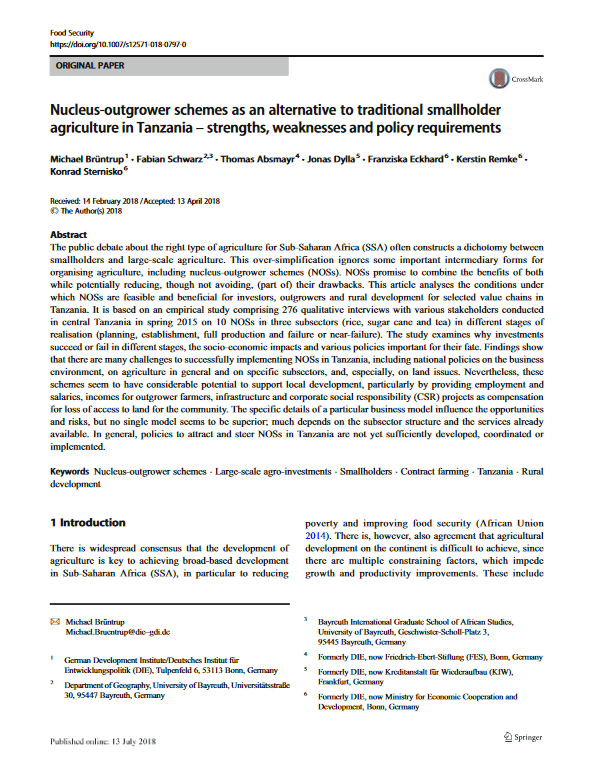
2017
Harry K. Hoffmann, Klas Sander, Michael Brüntrup, and Stefan Sieber
Applying the Water-Energy-Food Nexus to the Charcoal Value Chain
Globally, natural resources are increasingly under pressure, especially due to population growth, economic growth and transformation as well as climate change. As a result, the water, energy, and food (WEF) nexus approach has emerged to understand interdependencies and commonly manage resources with...
